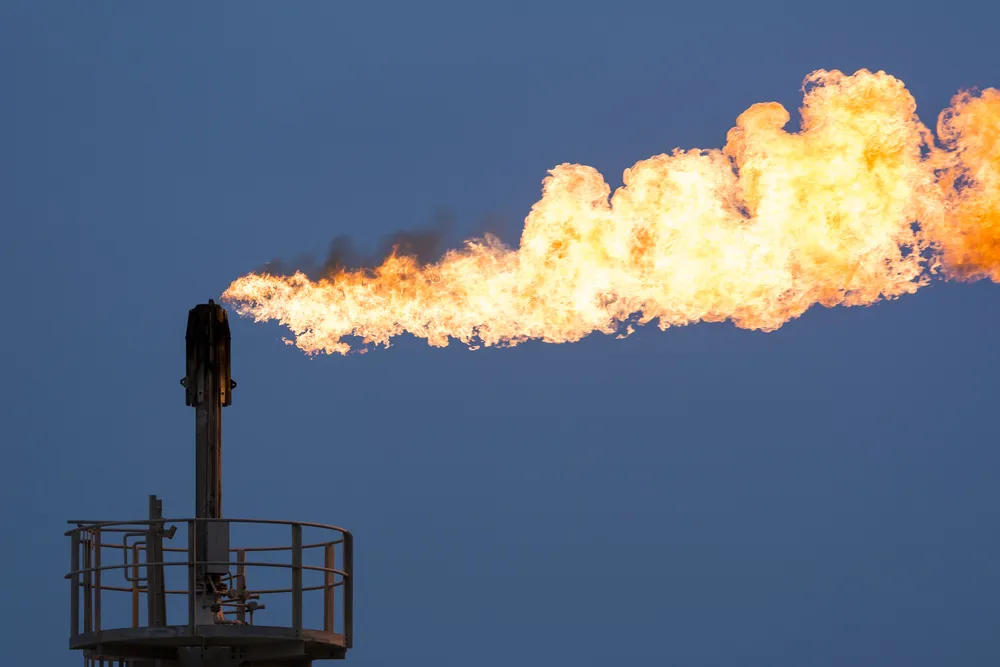Introduction:
This steam boiler training program provides participants with the correct methods for performing work and routine maintenance to ensure the continuous efficient operation of boiler plants while minimizing operating costs. The course covers steam boiler operation concepts, types, and key internal mechanisms, and involves hands-on practice with boiler operations, control tests, maintenance, troubleshooting, and burner management systems. By the end, participants will enhance safety, reliability, and efficiency, extend boiler life, reduce energy costs, and foster safe work practices. Additionally, design, inspection, and testing of static working principles will be addressed.
Objectives:
By the end of this Design Calculations and Operation for Piping, Boilers, Pressure Vessels, and Rotating Equipment course, participants will be able to:
- Design and implement control systems with interlocks, alarms, and safeguards to manage boiler trips.
- Demonstrate the practical interfacing of PLC with boiler control systems.
- Understand the Burner Management System (BMS).
- Execute safe boiler start-up and shutdown procedures.
- Control scale and corrosion within the boiler.
- Conduct chemical and physical conditioning of feed water.
- Perform deaeration to eliminate oxygen and CO2 from feed water.
Training Methodology:
- PowerPoint presentations
- Case studies
- Group discussions
- Calculations
- Problem identification and solving
- Breakout sessions
- Q&A sessions with the instructor
Course Outline:
Unit 1: Boiler Inspection, Maintenance, and Repairs
- Routine and periodic inspections (RBI).
- Common boiler issues during operation.
- Operator actions under abnormal conditions.
- Periodic maintenance activities.
- Fuel supply system maintenance checklist.
- Condensate recovery care and treatment.
- Using CMMS for maintenance.
Unit 2: Boiler Troubleshooting and Prevention of Accidents
- Boiler failure causes and accident prevention.
- Implementing FMEA for market failure analysis.
- Troubleshooting guide for thermal hydronic boilers.
- Risk-based inspection techniques (RBI).
Unit 3: Pressure Vessels, Tanks, and Piping Systems
- Pressure vessels, steam conduits, and boilers.
- Safety in above-ground storage tanks operations.
- Pipeline and piping systems safety.
- Hydraulic pressure relief valves selection and sizing.
- Compliance with ASME BPV VIII, ASME B31.3, and API codes.
- Maintenance methods for storage tanks.
- Cathodic protection systems for pipelines and tanks.
Unit 4: Boilers and Valves: Technology and Principles of Design and Structure
- Industrial boiler construction and design.
- Control methods and implementation systems.
- Types of valves and boiler inspection methods.
Unit 5: Inspection, Monitoring & Maintenance Engineering
- ALARP criteria for risk control.
- RBI API 580 for pressure equipment NDT.
- ICDA and ECFA for corrosion direct assessment.
- Modern repair technologies.
Unit 6: Design, Operation, and Monitoring Methods
- Positive displacement and dynamic impeller pump types.
- Centrifugal pump characteristics and selection.
- Pumping system optimization and energy efficiency.
Unit 7: Steam Turbines Design, Operation, and Monitoring Methods
- Steam fundamentals and turbine operation characteristics.
- Boiler types and turbine performance.
Unit 8: NACE Corrosion
- Corrosion types, causes, and prevention methods.
- Basic electrochemistry terms and concepts.
- Corrosion in various environments.
- Material selection and corrosion protection methods.
- Inspection and monitoring of corrosion control systems.
Unit 9: API 571 - Corrosion & Materials
- API 571 exam structure and important damage mechanisms.
- API 571 exam tips.
Unit 10: Expansion Effects and Compensating Methods
- Piping system calculations and pipe expansion.
- Methods of compensation for thermal forces.
- Stress analysis and expansion devices.
- Anchor force calculation using bellows and compensators.


















